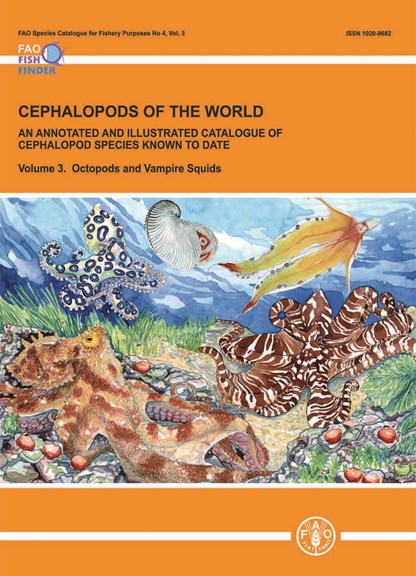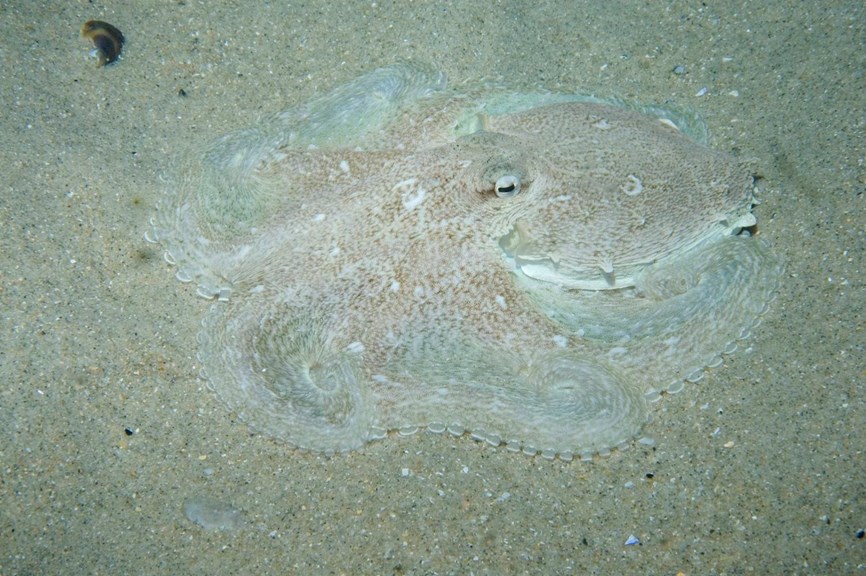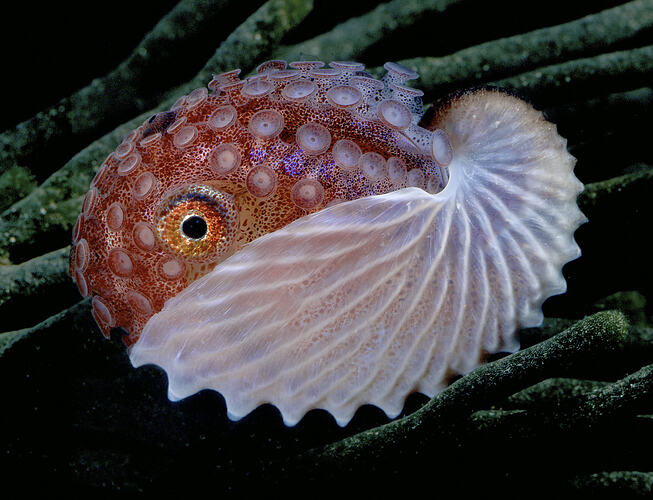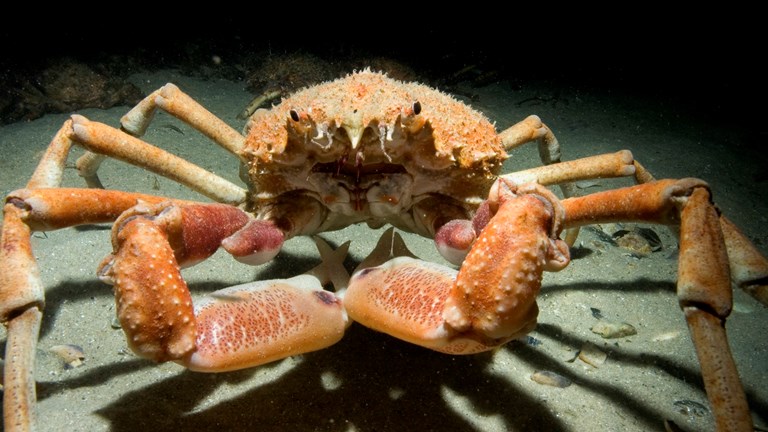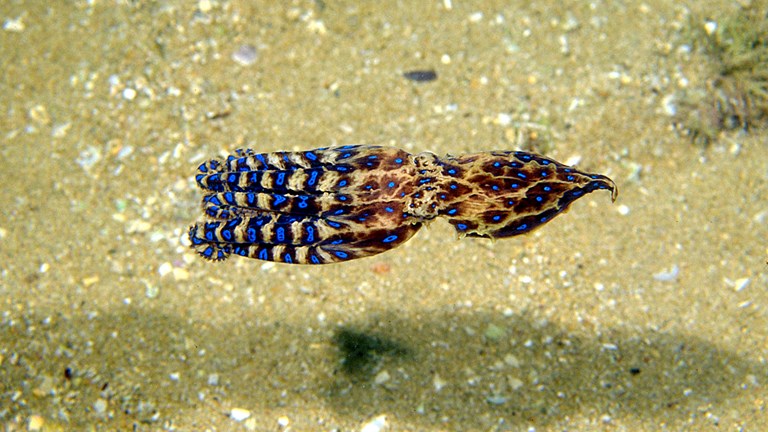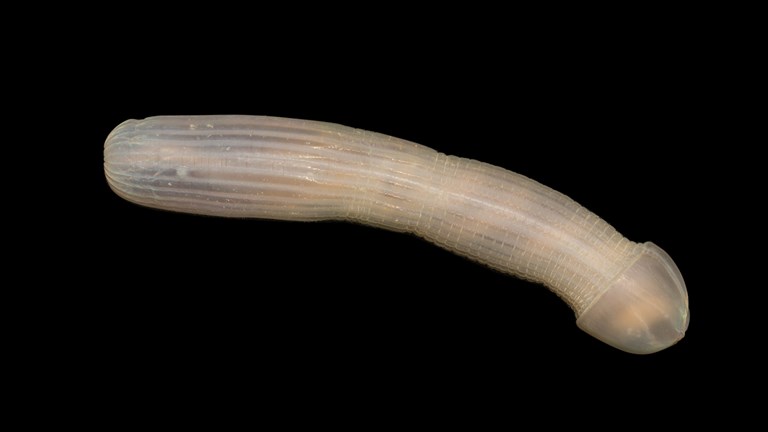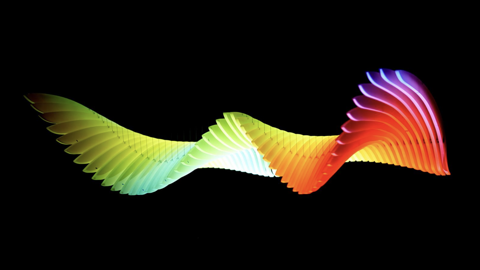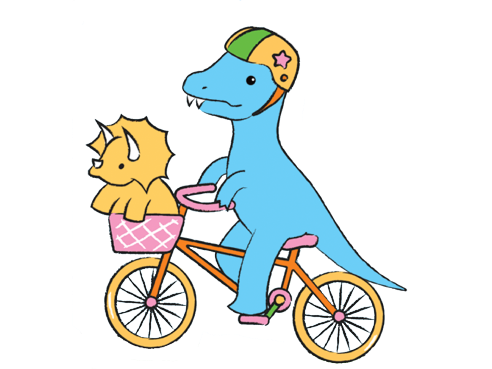Cephalopod Catalogue
Everyone loves a happy ending. And everyone loves octopuses. The recent completion of the third and final volume in the revised FAO Catalogue of Cephalopods of the World nails it on both fronts.
This is a brilliant – and free – resource designed to assist people working in fisheries to identify the cephalopods that we humans are most aware of, namely the ones we've identified, that we eat, or can cause us harm.
Volume 3: Octopods and Vampire Squids was co-authored by MV's Dr Mark Norman and Dr Julian Finn. They are also are two of the four series editors.
Years of work and drawing from cephalopod researchers worldwide sees FAO Catalogue of Cephalopods of the World summarising descriptions of species for practical use by non-specialists. "We've distilled it down to diagnostic characters that will allow people on research or fishing vessels to identify species," says Julian. "It's a review of all the taxonomic work that's out there, for people who don't have immediate access to the literature."
The species descriptions focus on traits that are easily measured, which is no mean feat for animals famous for changing their shape and form at will. Says Julian, "everything is based on characters that survive preservation and are consistent across members of a species, such as numbers of suckers, presence or absence of structures, and relative lengths of body components."
Julian and Mark also note that this project would not have been possible without significant financial and moral support from the Australian Biological Resources Study and the Hermon Slade Foundation. This allowed them to do the work on octopus taxonomy that was required for this new edition of the Catalogue.
So, if you have an interest in, as Ze Frank calls them, 'the floppy floppy spiders of the sea', head to FAO and download a free copy of FAO Catalogue of Cephalopods of the World Volume 3 (PDF, 13.9MB).
